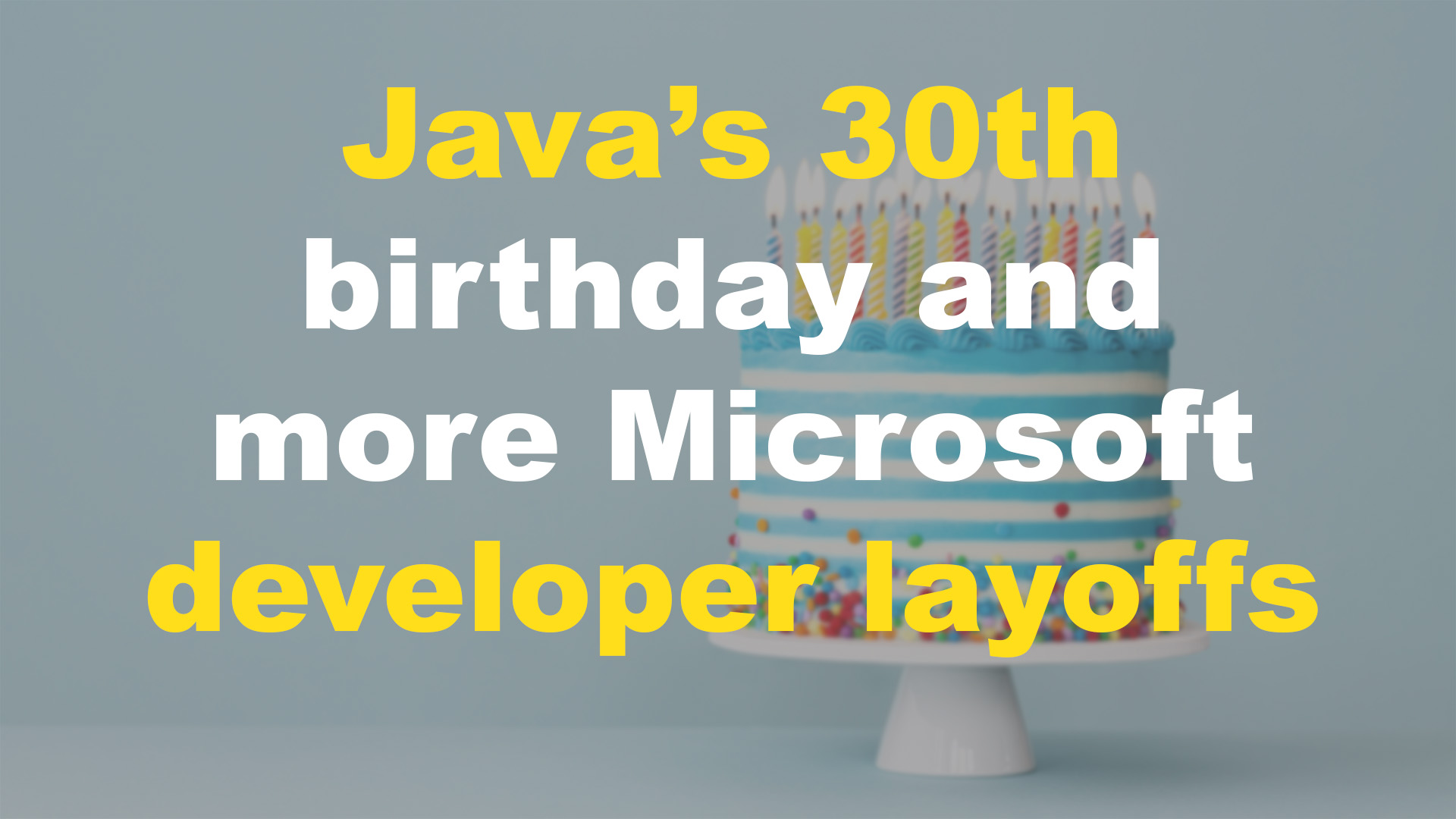Green Bubble Chats on iPhone Still Have a Major Security Issue

It’s been a couple months now since Apple’s big iOS 18 update introduced RCS support to the iPhone. In many ways, it’s been a game changer: Ditching SMS for RCS has meant group chats function better, and videos are sent in higher quality. But there’s still one big drawback to RCS on iPhone that has yet to be fixed: Your messages aren’t encrypted.
What is RCS?
To fully understand the issue, it’s important to know what RCS actually is. RCS stands for Rich Communication Services, and is basically a souped up version of SMS: The platform supports modern messaging features, like typing bubbles, high-quality image and video sharing, functioning group chats, and end-to-end encryption. SMS doesn’t support these features, so using it—especially in group settings—can be a pain.
RCS isn’t available on all Android messaging services, but if your partner’s Android setup supports it, and you have it enabled on your iPhone, your conversations should feel very similar to iMessaging between other iPhones (minus the green bubbles, of course). Now, most of these features are currently working: You should be able to see when they’re typing; you should be able to send photos and videos in high resolution; and group chats should function much as they do between iPhones. There’s just one big issue.
RCS on iOS isn’t encrypted
At this time, messages sent and received via RCS between iPhones and Androids are not end-to-end encrypted. That means any conversations you have with Android friends are vulnerable, since these messages are sent without modern security protections.
That’s not a deviation from the norm for those of us on iOS: If you’re used to texting over SMS with Android users, those chats weren’t encrypted either. But the promise of RCS on iOS includes encrypted messaging. When you see that RCS tag in your green bubble chat, you should be safe in the knowledge that no one other than the parties involved in the chat can read these messages.
That said, RCS isn’t end-to-end encrypted everywhere, either. Google Messages is the biggest platform that supports default end-to-end encryption through RCS. Samsung Messages, for example, does not. Samsung reminds us of that in a recent press release, where it not only emphasizes that RCS requires Google Messages on Android and iOS 18 for iPhones, but also that encryption only works with Android-to-Android communications. Plus, the GSM Association, which develops RCS, says it’s working on end-to-end encryption for RCS on iPhone. Soon enough, iPhones may have an RCS feature some Android messaging platforms do not.
However, it doesn’t change the fact that some may be using RCS with misunderstood assumptions about their security: Until this future update hits, RCS messages on iPhone are never end-to-end encrypted. If you want all of your conversations with non-iPhone friends to be protected, you’ll need to stick to encrypted messaging platforms, like Signal or WhatsApp. Again, iMessage is end-to-end encrypted by default, so no worries there.
Android users: Everyone can see your group chat names
If you’re an Android user who is used to how things work on Google Messages, listen up: Group chat names are not private when messaging with iPhones.
On Google Messages, you can rename a group whatever you want, and only you will see it. That’s helpful for keeping tabs on specific groups, without worrying that other people in the group will know how you’ve designated the chat. That’s not how things work when iOS is involved, however. iPhones users will know that group chat names are controllable by everyone in the group, and are very much public: When one person changes the group name, it changes for everyone.
If you’re new to messaging iPhones on RCS, and you happen to have one in your group chat, don’t change the name to anything you wouldn’t be happy with everyone in the group seeing as well.











